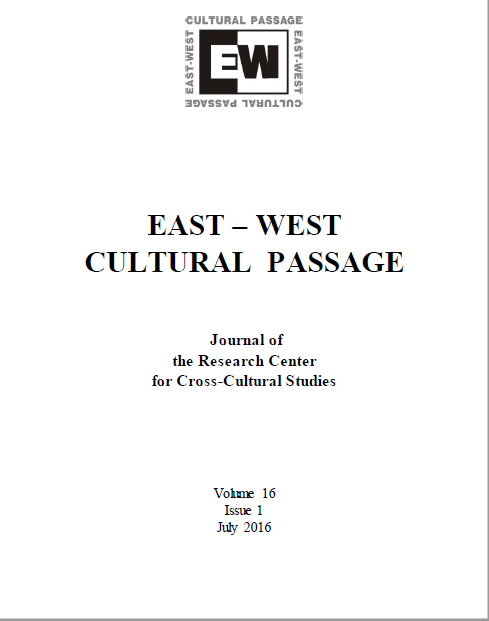Reading the Bible with and against the Oppressor: Nineteenth-Century Slavery and Scriptural (Ab)uses
Reading the Bible with and against the Oppressor: Nineteenth-Century Slavery and Scriptural (Ab)uses
Author(s): Estella CiobanuSubject(s): Christian Theology and Religion, Studies in violence and power, Victimology, 19th Century, Biblical studies
Published by: Editura Universitatii LUCIAN BLAGA din Sibiu
Keywords: Bible; Christianity; American slavery; argumentum ad verecundiam; abuse; disempowerment;
Summary/Abstract: Reading the Bible has never been exclusively a spiritual exercise in learning the allegedly divinely inspired precepts of Judaeo- Christianity; on the contrary, biblical passages have often been marshalled to endorse often divergent, sometimes infamous social practices. This essay investigates nineteenth-century American proand anti-slavery texts which document the traditional Christian strategy of argumentum ad verecundiam through appeal specifically to biblical authority, used to buttress arguments in the abolitionist controversy. American ministers tailored their selection of biblical passages so as to persuade the black converts that submissive docility complied with divine imperatives and emulated Christ’s; slave owners extolled their paternalistic care for slaves and vindicated bondage as a/the biblically sanctioned human condition. Not only did educated freed slaves, some turned ministers, expose the Christian slaveholder society’s iniquity, but they would sometimes read blacks (back) into biblical stories which mention civilising heroes.My aim here is not to provide a definitive answer, if any should ever be possible, to the (for me) haunting question whether Christianity could and/or aimed to empower the converted slaves – and generally the subaltern. However, with the benefit of European hindsight as offered by the Holocaust, I would suggest that historically the practice of reading the Bible to vindicate one’s position may have had disempowering effects on “the other” of white Christianity rather than providing the catalyst for long-term socio-political self-empowerment of the oppressed.
Journal: East-West Cultural Passage
- Issue Year: 16/2016
- Issue No: 1
- Page Range: 120-143
- Page Count: 24
- Language: English
- Content File-PDF

